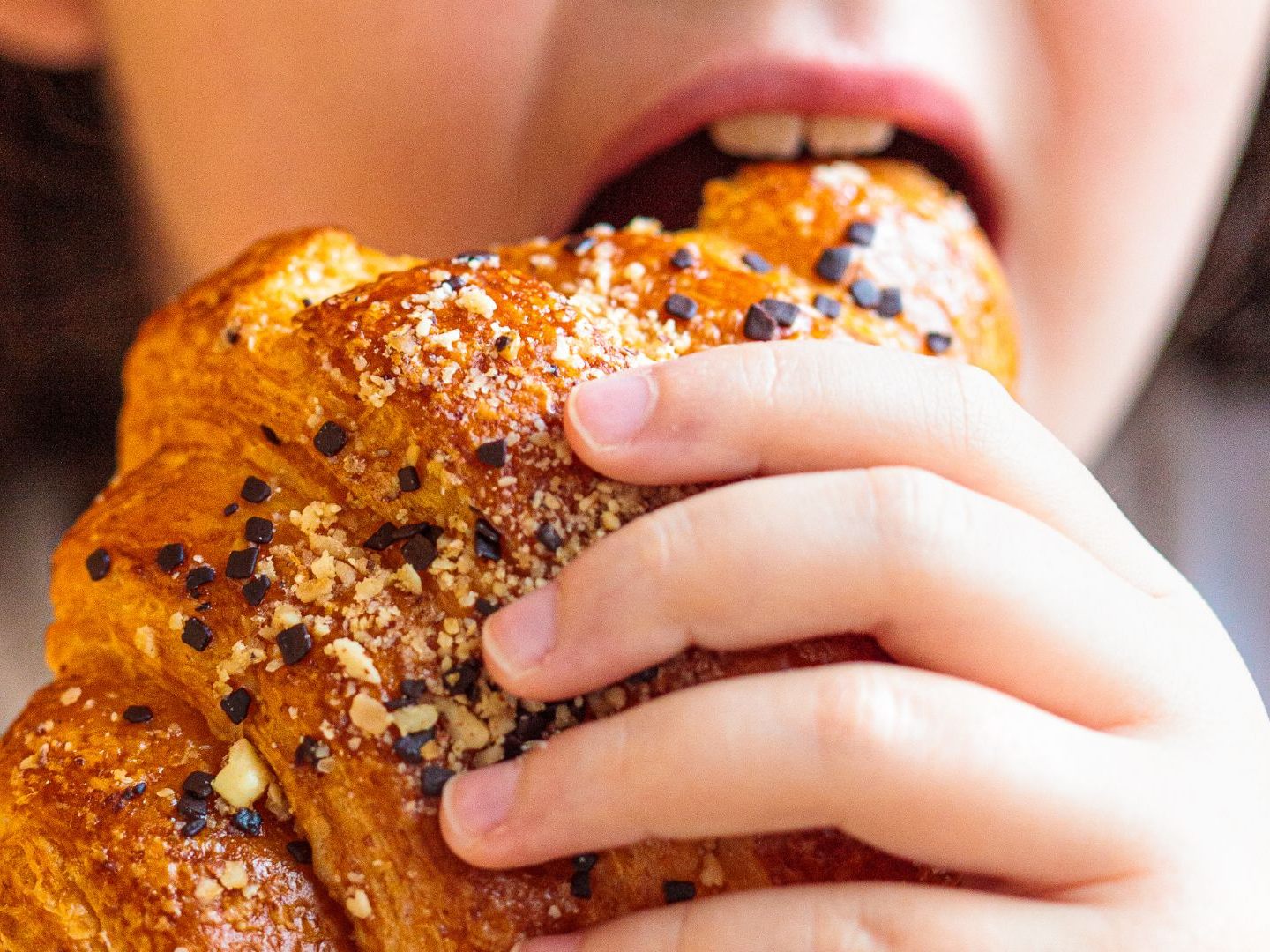Alcohol in Croissants, Milk Rolls & Co: Demand for Declaration Requirement

Alcohol is particularly often hidden in fine baked goods with a longer shelf life, such as milk rolls, croissants, or creamy filled cake rolls, which are especially popular with children. Even small amounts of alcohol can influence the taste preferences of young people, lowering their inhibition threshold towards alcoholic beverages. Alcohol serves as a preservative but can also be contained in the flavors used. The indication of this is often small and hard to read in the ingredient list on the back and hidden under various terms - ethanol, ethyl alcohol.
Alcohol in Food Not Required to Be Labeled
The labeling of alcohol content is currently only clearly regulated by law for beverages and is not mandatory for solid foods. Therefore, it is unclear how much alcohol is actually contained in most products. The AK purchased 30 packaged baked goods for a test, where alcohol, ethanol, or ethyl alcohol was noted in the ingredient list. In four of these products, the ingredient alcohol was visually highlighted, and in three others, the amount contained was voluntarily indicated. An independent laboratory then determined the actual alcohol content.
For solid foods, the alcohol content is given in grams, similar to beverages, an amount of 0.95 grams per 100 grams would be mandatory to label. Thus, two of the products in the test - with 1 and 1.1 grams - would already be required to declare. Twelve of the baked goods are considered alcohol-free - with less than 0.4 grams of alcohol per 100 grams. Sixteen products fall into a gray area between alcohol-free and required labeling. No alcohol was detectable in one croissant.
AK Consumer Protection Demands Clear Rules
Alcohol can also naturally occur through fermentation or storage in foods like ripe bananas, kefir, or fruit juices. These contents, as well as those in the tested baked goods, do not pose an immediate health risk. Nevertheless, consumer protection demands clear rules. If alcohol is deliberately added to foods, it should be clearly visible on the front of the product. This protects people who abstain from alcohol for addiction therapy, health, or religious reasons, as well as children in particular.
(APA/Red.)
This article has been automatically translated, read the original article here.





